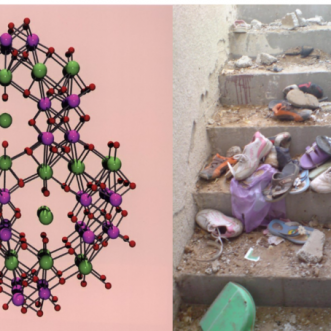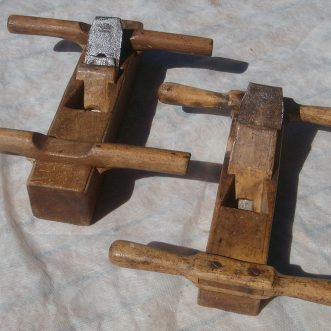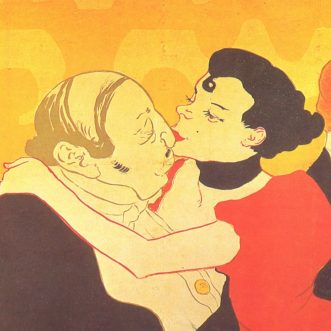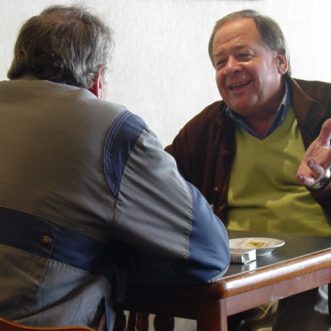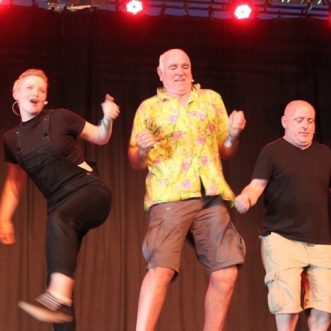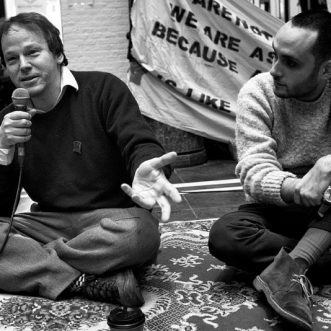February 26, 2021
Lately, I’ve been creating and organising an archive of my blog posts, articles etc. At the risk of sounding narcissistic, it’s been interesting to see how my thinking and my expression of that thinking has developed over the last 5 or 6 years. Some things haven’t changed though, and I think you’ll enjoy this extract from 2018:
“What struck me this week was the idea explained in this video, of ‘sawubona‘, of really acknowledging each other as fellow humans when we meet, along with Seth’s discussion of how industrialism has squeezed out the opportunities for doing this in our modern lives and businesses.
Last Sunday I was wandering around the shoes in my local T K Maxx, when a gentleman asked me for help.
“Are these women’s sandals?”, he asked. Then he explained that he was buying for his father in India, who has had an operation and needs loose-fitting sandals to walk about in.
“Well, yes I’d say they are, but for what your father wants, they are probably OK.”
“I need a size 7 really, but I can’t find any in the men’s section, maybe these will have to do.”
10 minutes later, we’d found a men’s sandal in the right size style and colour, and I’d found out he was a bus driver with a degree in politics and economics. I’d learned about corruption in the Indian health service, and we’d given each other a little hug.
Sawubona. We had seen each other.
I’m fascinated by systems and processes. Not industrial ones, human ones. That run like clockwork, but with space for Sawubona.
No – they run like clockwork to create space for Sawubona.“
Just the other day, taking myself to a different Co-op for my weekly shop, and walking back the long way via several independents, I discovered that even in the time of Covid, Sawubona is possible and more precious than ever.
It’s certainly something I’d hate to lose when things get back to ‘normal’.
Thank you for taking the time to see me.
